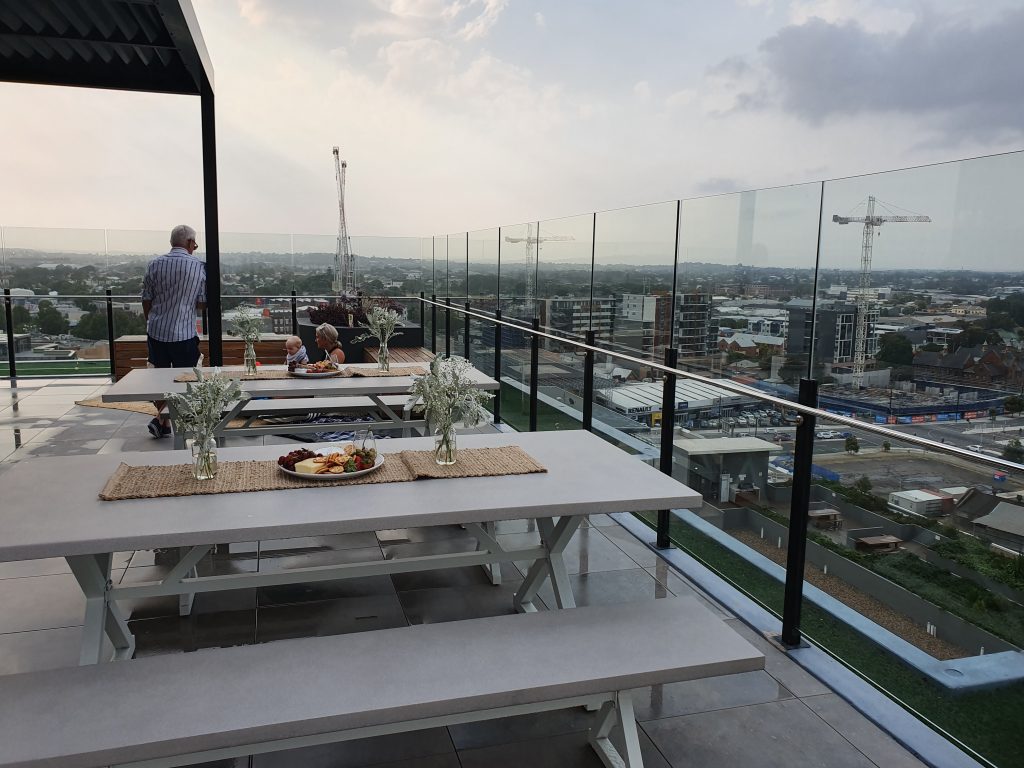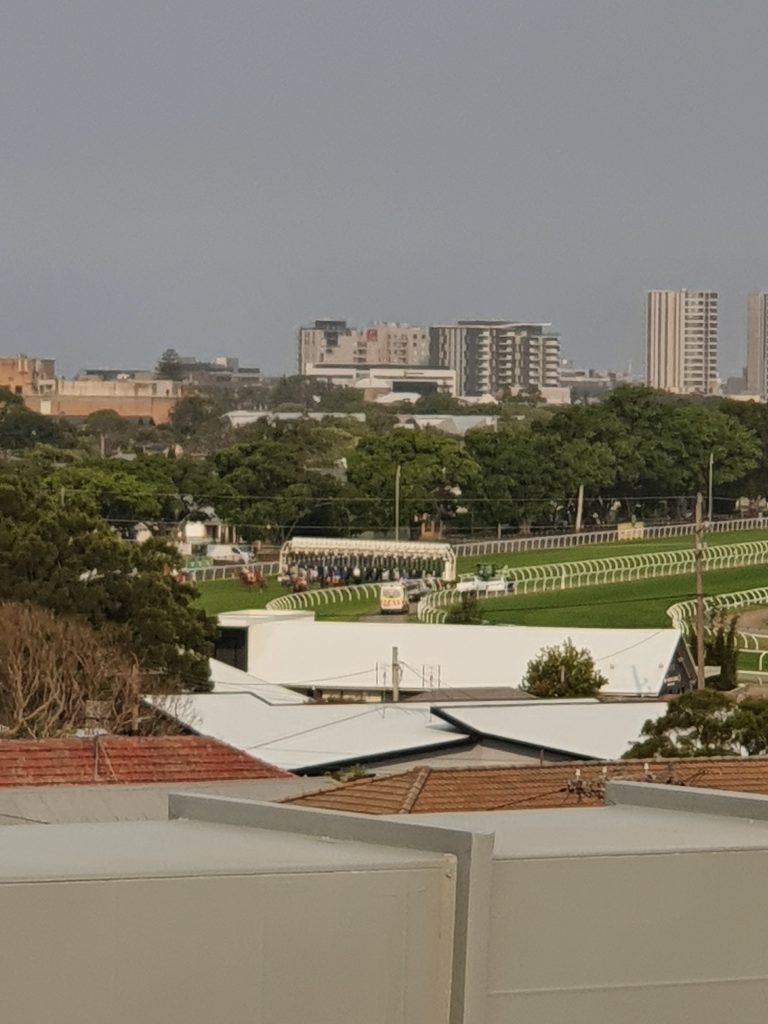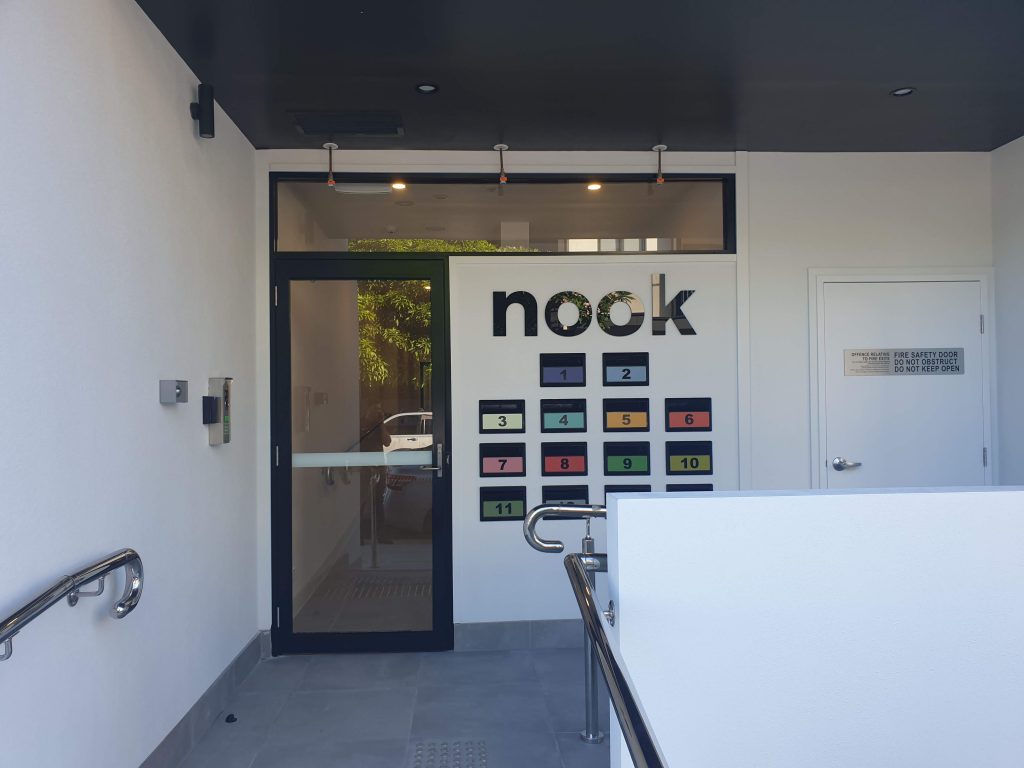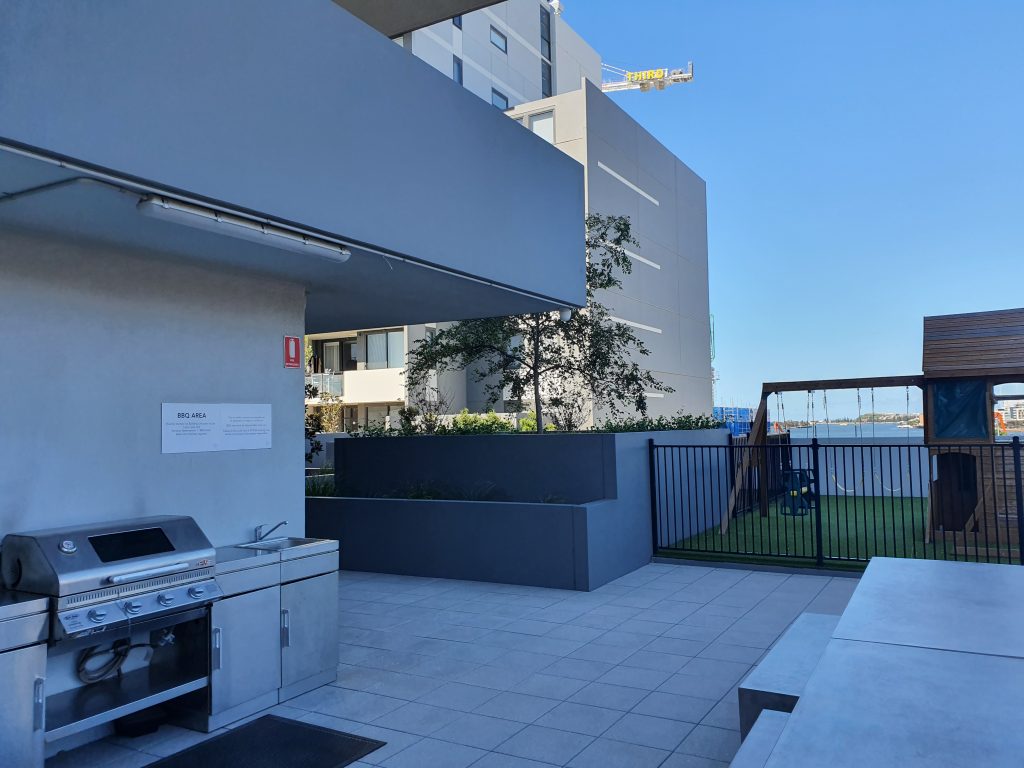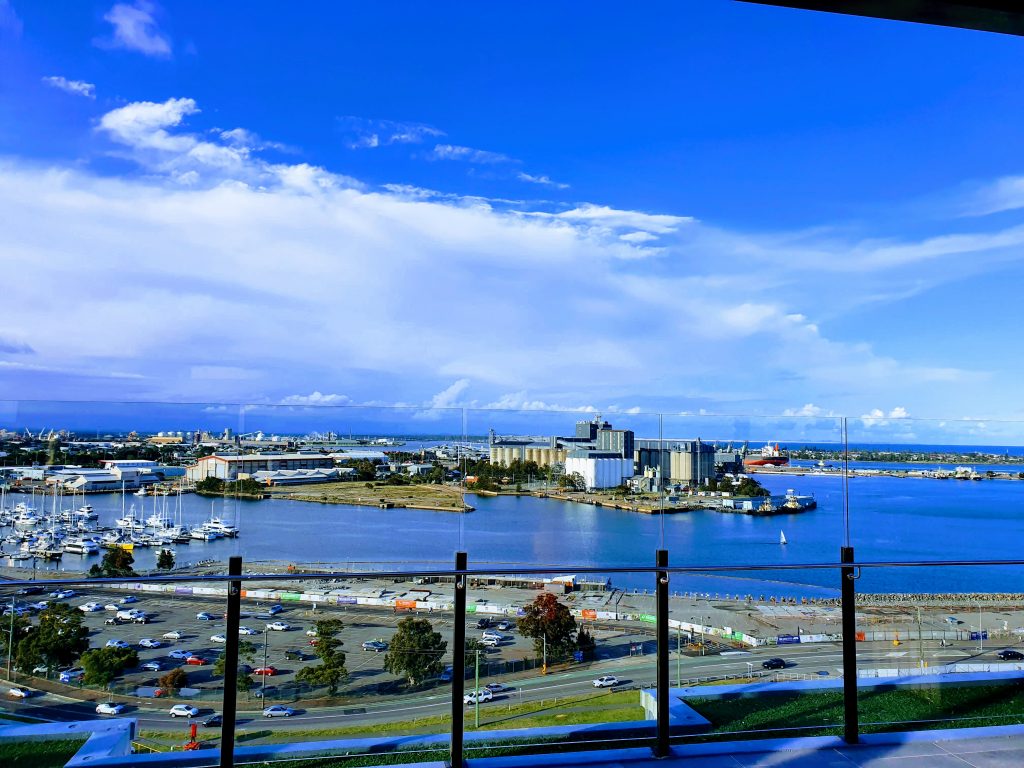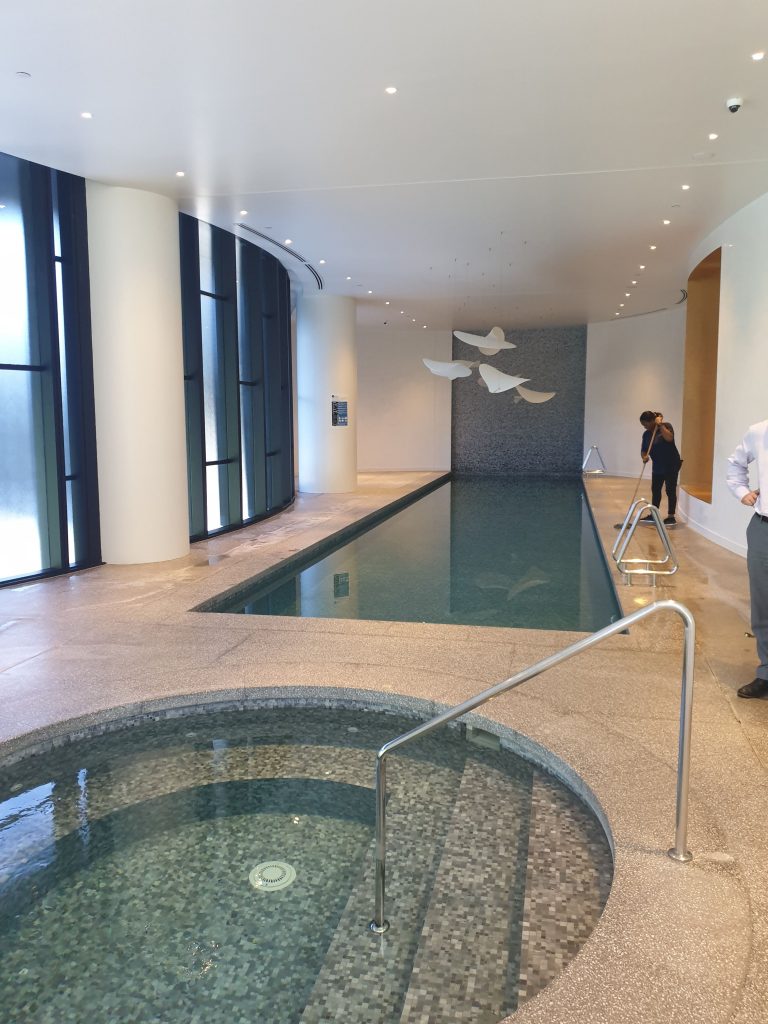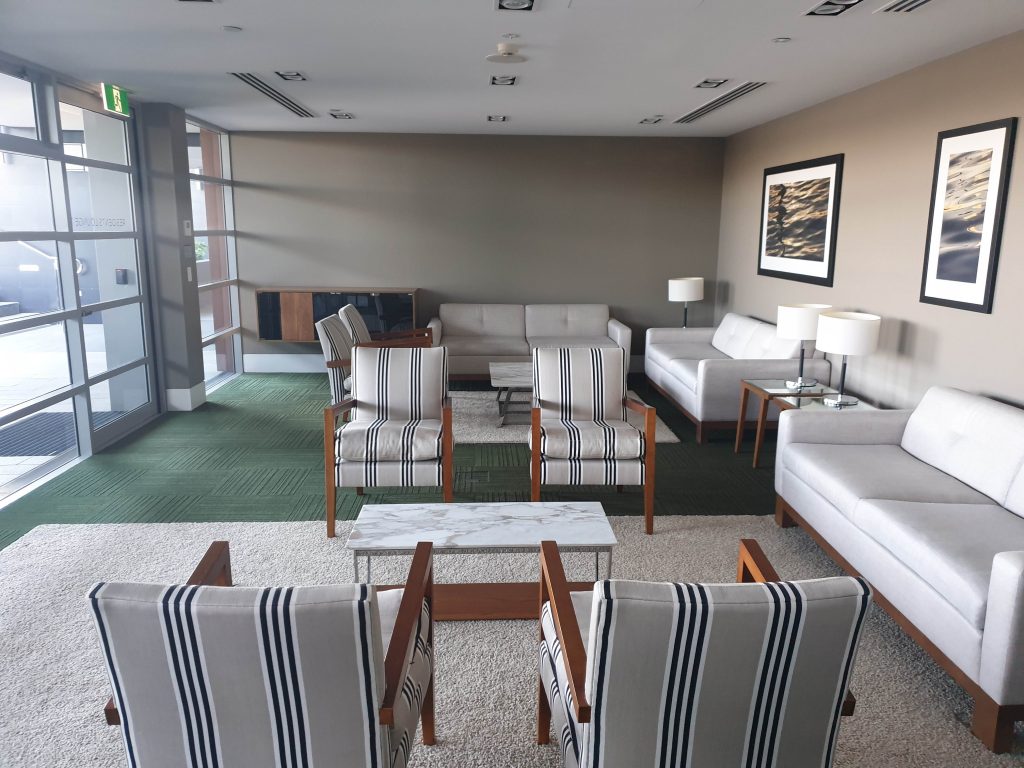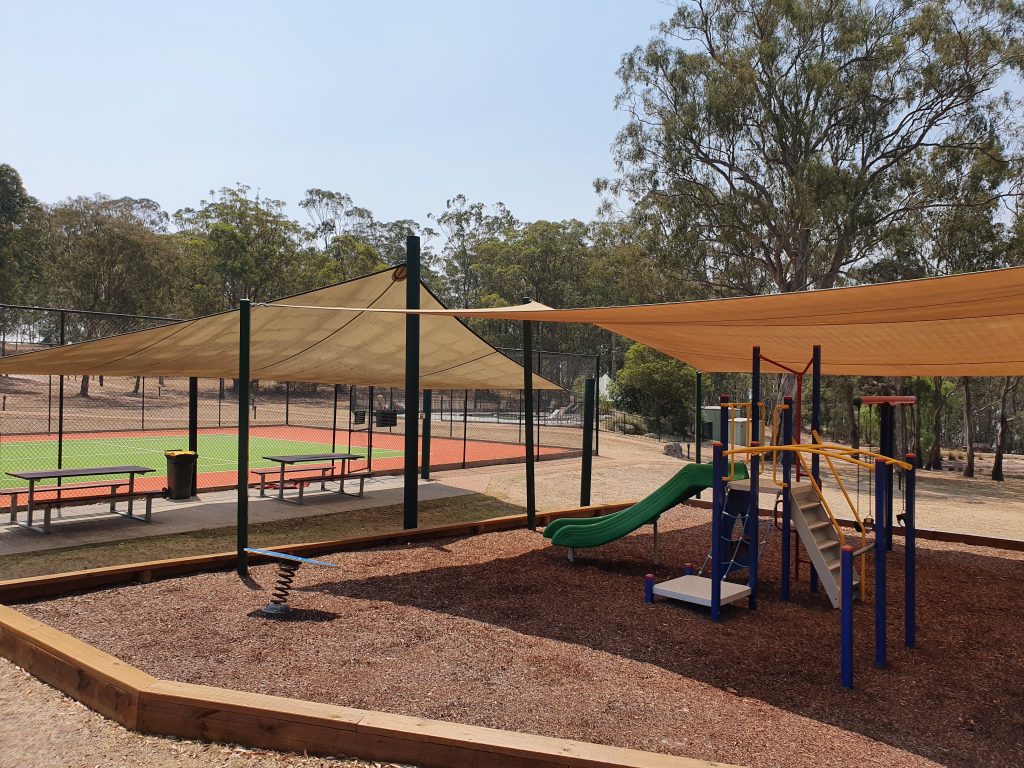
In the Lake Macquarie, Newcastle and Hunter area, I constantly hear differences of opinion between owners, committee members, service providers, strata managers and building managers as to what a strata managers role is when there is also a building manager contracted by the owners corporation.
Owners need to be better aware of what they are paying for and whether they are potentially paying for it twice (e.g. building manager should be issuing work orders as part of their fee, however, they ask the strata manager to issue work orders and they charge a fee to do so).
Furthermore, the understanding of what a building manager can and should be doing has changed greatly over the past decade – whereas once they were a cleaner with a tool belt (e.g. caretaker), they are very much now the professional onsite interface between residents, contractors and the strata manager.
We often educate potential and new clients as to who should be doing what. The Strata Schemes Management Act is somewhat vague on the role of a Building Manager and it’s defined as below:
STRATA SCHEMES MANAGEMENT ACT 2015 – SECT 70
Functions of building manager
70 FUNCTIONS OF BUILDING MANAGER
(1) A building manager may, in accordance with the building manager agreement appointing the building manager, assist in exercising one or more of the functions of the owners corporation of managing and controlling the use of common property (otherwise than by the owners or occupiers of lots) and of maintaining and repairing common property.
Noting the above, the scope of what is in the agreement between the owners corporation and building manager is what is important here, however, it’s now better understood what the role of a professional building manager entails:
| Item | Strata Manager | Building Manager |
| Repairs / Maintenance | Administration with strata committee – e.g. approvals | – Issuing work orders – Contractor management (sourcing, insurance, SWMS, Site induction) – Monthly/routine reporting – Arrange quotes for committee review for routine and ad-hoc maintenance |
| Defects | Advisory/escalationManagement via committee/OC | -Processing / administration of in-unit and common property defects with builder – Escalation of common property defects to strata manager/strata committee where not addressed by builder |
| Moving | Collect bond if applicable | – Establish process for moving of goods over common property – Manage bookings/lift covers – Inspect common property for any damage |
| Software / Communications | Use of software for announcements if requiredInvolvement in Whatsapp committee groupIssue communications from owners corporation/strata committeeDeal with owner/committee queries in relation to owners corporation | – Management of Buildinglink or other system – resident database, announcements, – Management internal communications – e.g. Whatsapp cleaning group, committee group – Place signage on site as required – Dealing with all resident queries – e.g. metering, by-laws, approvals |
| AFSS | Approvals via committeeSubmission to council | – Source relevant contractors – Arrange inspections – Coordinate statement requirements |
| Site Inspections | n/a | Weekly inspection all common property areas – ensure proper functioning equipment, by-law breaches |
| Waste | n/a | Ensure functioning of chute/waste room and collection of rubbish with cleaner |
| Meetings | Manage all OC/SC meetings | – Prepare quotes/reports as required – Attend committee meetings – Potential involvement in sub-committees |
| Emergencies/out of hours | Provide out of hours contact service | – Provide 24/7 contact service for onsite issues – Attend site if required |
| By-laws | By-law escalation – e.g. final notice/notice to comply and any formal proceedings – committee action/approval | Manage first action – e.g. direct communication with resident via call/sms/email/in person |
| Bookings – common facilities | Assist in establishing rules/procedure for booking common facilities, including SC approval | Establish and manage the booking of any common facilities – e.g. BBQ area |
| Contracts | Execute and negotiate contracts as instructed | Obtain pricing for R/M OC contracts as required – Fire, lifts, pumps, cleaning, gardening, etc) |
| Budgeting / Finances | Prepare annual budgetsPay all invoicesReport to strata committee | – Assist strata manager with budgeting. – Invoice approval as required |
| Keys | Take deposits as required | – Issue keys – Authorise keys – Maintain key register |
| Community / Place making | Advice (insurance, etc) | Facilitate community events and other placemaking exercises |
| SSMA and other legal requirements | Manage OC compliance with the SSMA and other OC legislation | Be aware of the requirements of the building manager under SSMA and other relevant legislation – e.g. authorisations, timelines, approvals |
NB – if BM fails to perform duties, SM steps in and manages at hourly rate if requested.
SC – Strata Committee
OC – owners corporation

